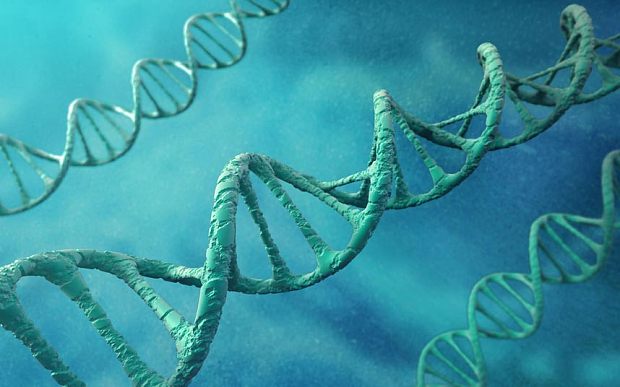British scientists have built a complete and functional organ in a living animal for the first time
British scientists have produced the first working organ by reprogramming cells in a step towards the ‘Holy Grail’ of being able to grow replacement organs for humans.
In future the technique, so far only tested on mice, could be used to provide replacement organs for people with weakened immune systems and eventually lead on the production of more complex organs for transplant. The technique could be used in humans in ten years.
Scientiststs created a working thymus, a vital immune system “nerve centre” located near the heart, with connective tissue cells from a mouse embryo which were converted into a completely different cell strain by flipping a genetic “switch” in their DNA.
The resulting cells grew spontaneously into the whole organ when injected into the mouse with other similar cells.
Professor Clare Blackburn, from the Medical Research Council (MRC) Centre for Regenerative Medicine at the University of Edinburgh, who led the team of scientists, said: “The ability to grow replacement organs from cells in the lab is one of the ‘holy grails’ in regenerative medicine. But the size and complexity of lab-grown organs has so far been limited.
“By directly reprogramming cells we’ve managed to produce an artificial cell type that, when transplanted, can form a fully organised and functional organ. This is an important first step towards the goal of generating a clinically useful artificial thymus in the lab.”
The thymus is the central hub of the immune system sending out infection fighting T-cells.
People with a defective thymus lack functioning T-cells and are highly vulnerable to infections. This is especially hazardous for bone marrow transplant patients, who need a working thymus to rebuild their immune systems after surgery.
Around one in 4,000 babies born each year in the UK have a malfunctioning or completely absent thymus, due to rare conditions such as DiGeorge syndrome.
Thymus disorders can be treated with infusions of extra immune cells or transplantation of a new organ soon after birth. However, such approaches are severely limited by a lack of donors and tissue rejection.
The new research, published in the journal Nature Cell Biology, raises the possibility of creating a whole new functioning thymus using cells manufactured in the laboratory.
While fragments of organs, including hearts, livers and even brains, have been grown from stem cells, no one before has succeeded in producing a fully intact organ from cells created outside the body.
Dr Rob Buckle, head of regenerative medicine at the MRC, said: “Growing ‘replacement parts’ for damaged tissue could remove the need to transplant whole organs from one person to another, which has many drawbacks – not least a critical lack of donors.
“This research is an exciting early step towards that goal, and a convincing demonstration of the potential power of direct reprogramming technology, by which once cell type is converted to another. However, much more work will be needed before this process can be reproduced in the lab environment, and in a safe and tightly controlled way suitable for use in humans.”
Chris Mason, Professor of Regenerative Medicine at University College London, said: “Using living cells as therapies has the big advantage in that the functionality of cells is many orders of magnitude greater than that of conventional drugs. Nowhere is this level of functionality more needed than in curing disorders of the immune system.
“The time and resources required to turn this mouse proof-of-concept study into a safe and effective routine therapy for patients will be very significant – 10 years and tens of millions of pounds at a bare minimum. Even the starting point, the underpinning science, is far from complete: for example, not all the cells that are required can yet be made in the lab. However, the … data strongly support the urgent need for more scientists, together with engineers and clinicians, to now get involved in order to evaluate and develop this new technology.”
Dr Paolo de Coppi, consultant paediatric surgeon at Great Ormond Street Hospital and head of Stem Cells and Regenerative Medicine at the Institute of Child Health, London, said: “Research such as this demonstrates that organ engineering could, in the future, be a substitute for transplantation, overcoming problems such as organ donor shortages and bypassing the need for immunosuppressive therapy.
“It remains to be seen whether, in the long term, cells generated using direct reprogramming will be able to maintain their specialised form and avoid problems such as tumour formation.”
Source: The telegraph


